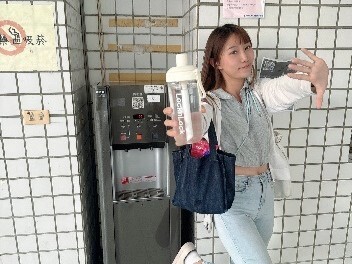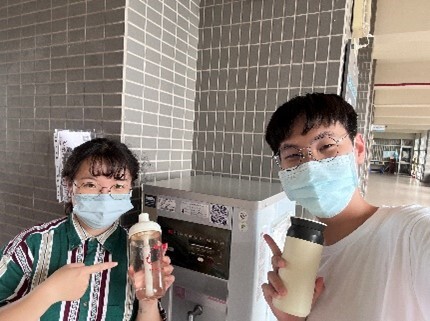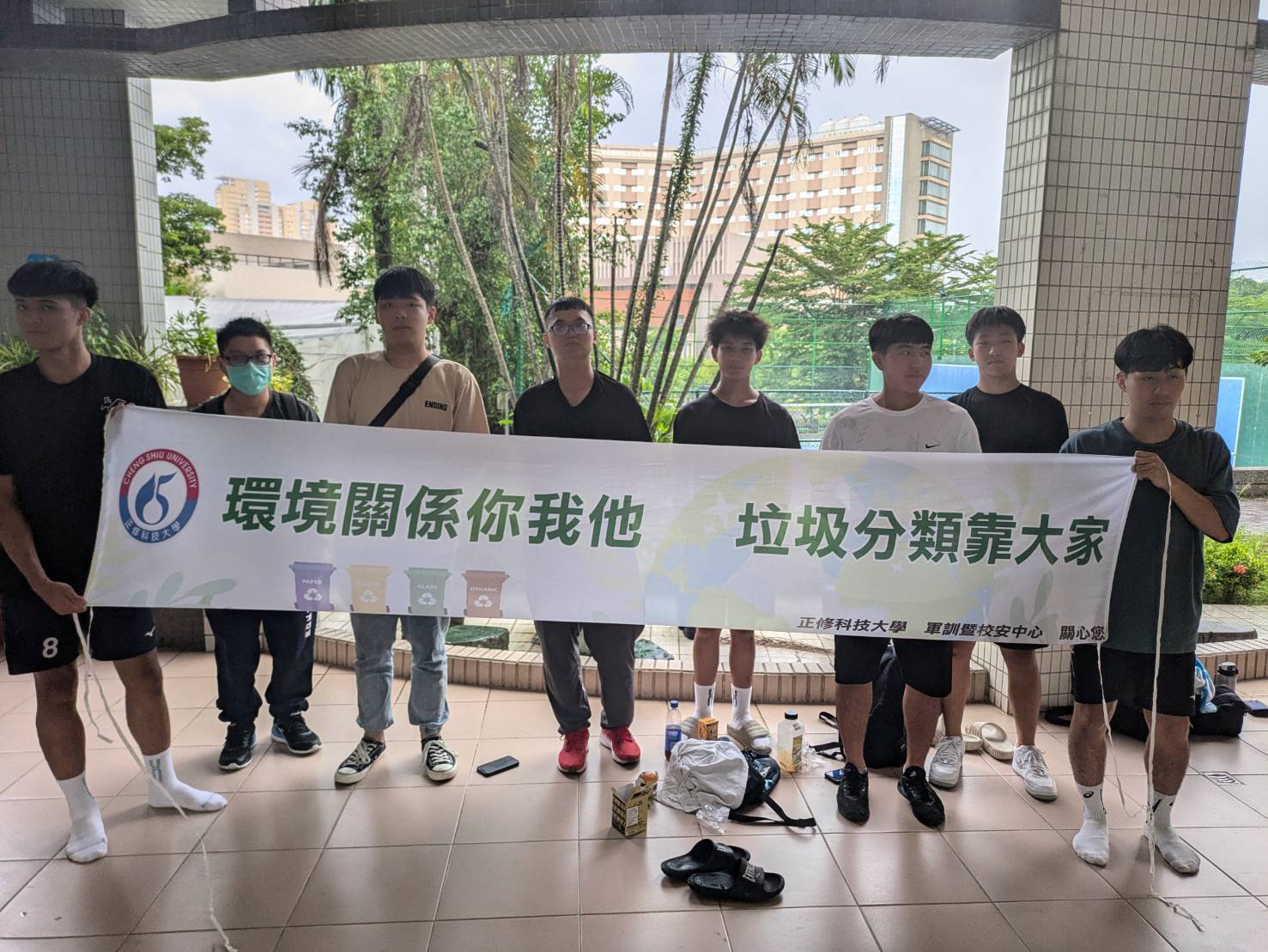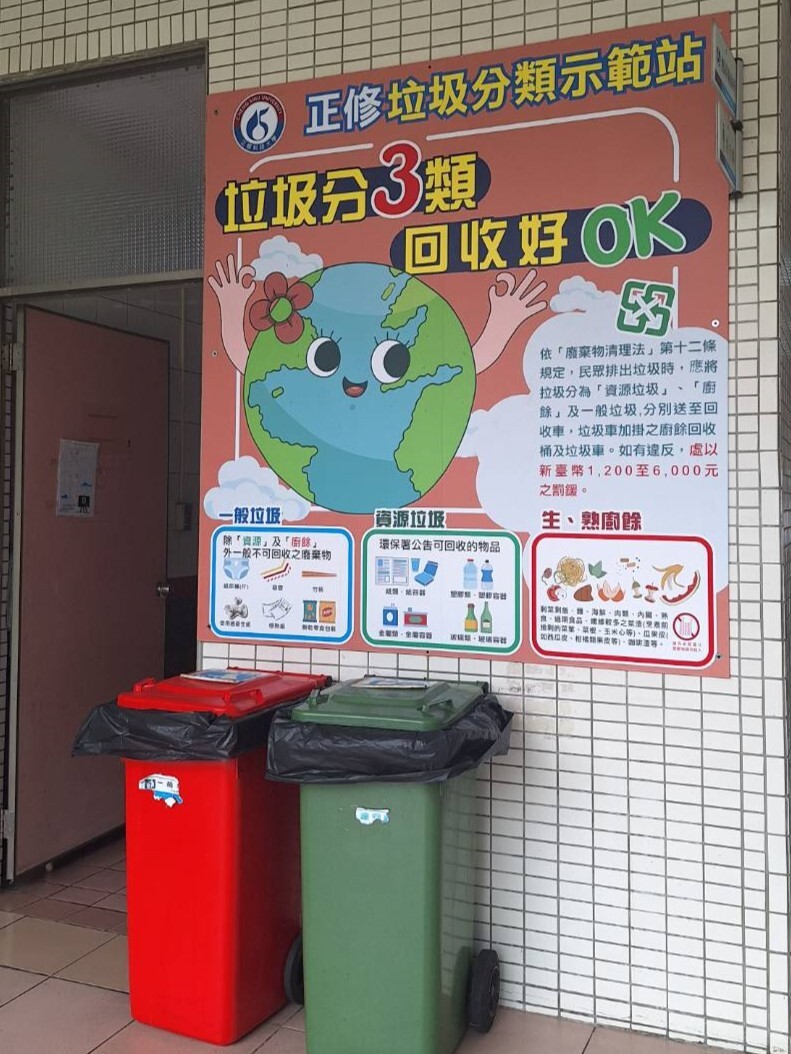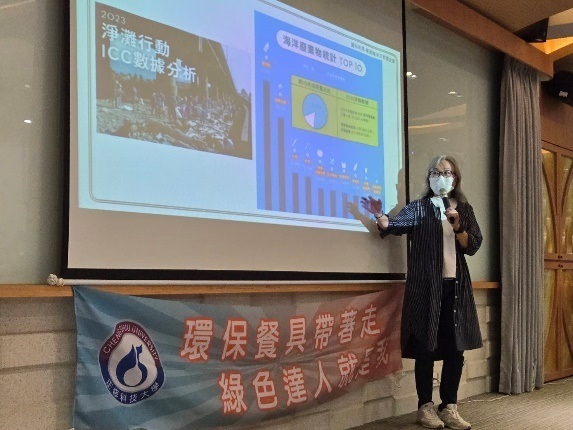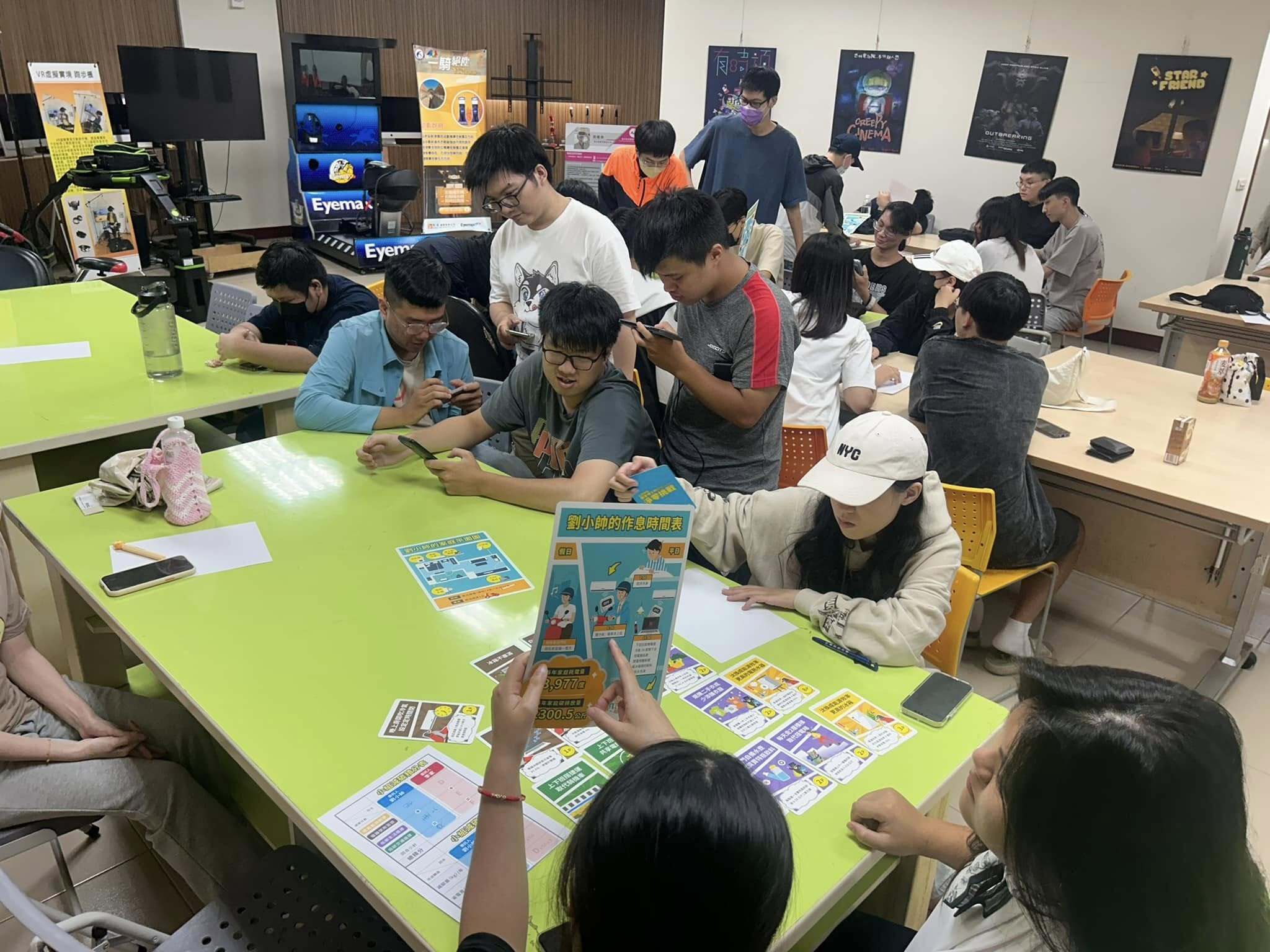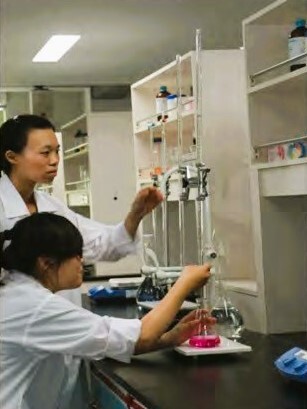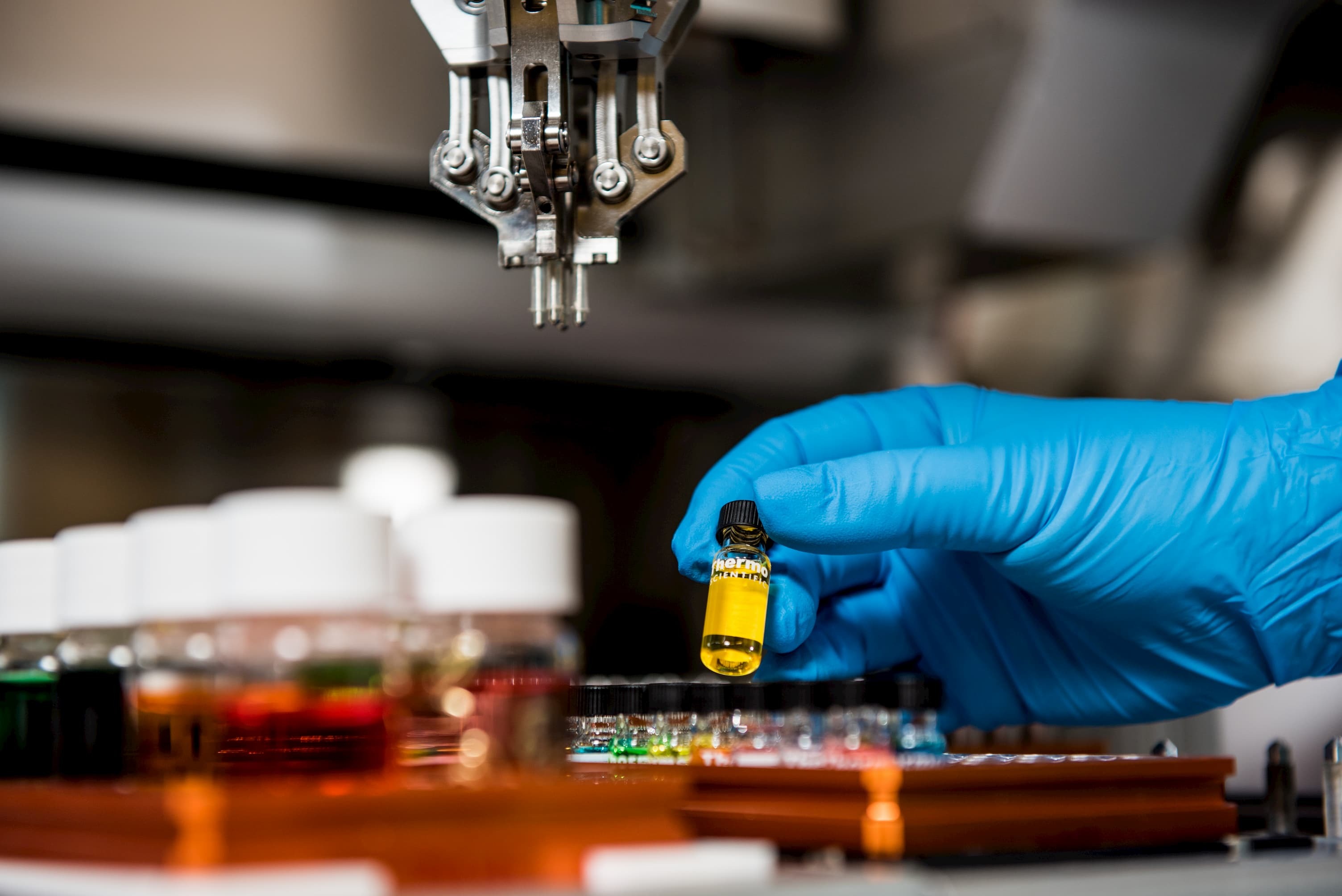Waste Disposal and Recovery
The University places great emphasis on waste classification and disposal, implementing systematic management and reduction measures to establish a sustainable resource circulation mechanism. Campus waste is categorized into general industrial waste and hazardous industrial waste. For general waste and recyclables, 12 designated collection and recycling stations have been set up across campus, with certified contractors responsible for daily transportation and treatment.
In addition, the University actively promotes waste reduction education and source reduction initiatives, encouraging the participation of all faculty, staff, and students. Using 2020 as the baseline year, the cumulative waste reduction rate reached 38.17% by 2024, demonstrating the University’s concrete achievements in environmental sustainability management.
Waste Management
In 2024, the total amount of general industrial waste generated was 354.86 metric tons, monitored and recorded by designated personnel through a formal reporting system. Hazardous industrial waste, including waste liquids, pharmaceuticals, empty containers, medical waste, and laboratory waste, amounted to 42.81 metric tons. Given the potential environmental risks of improper laboratory waste disposal, waste liquids, pharmaceuticals, and empty containers were processed by the Environmental Resources Research and Management Center of National Cheng Kung University, while medical and laboratory waste were handled by certified contractors authorized by the Environmental Protection Administration. Compared with 2023, total waste generation decreased by 79.87 metric tons in 2024, achieving a waste reduction rate of 16.73%.
Total Waste Reduction
|
Waste Category |
Waste Type |
Total Waste (Metric Tons) |
||
|
2022 |
2023 |
2024 |
||
|
General Industrial Waste |
General Waste |
478.29 |
400.7 |
354.86 |
|
Hazardous Industrial Waste |
Laboratory Waste Liquid |
22.02 |
16.92 |
20.93 |
|
Laboratory Waste Chemicals and Empty Bottles |
3.83 |
3.65 |
5.54 |
|
|
Medical Waste |
2.28 |
1.79 |
3.15 |
|
|
Laboratory Industrial Waste |
7.68 |
16.06 |
13.19 |
|
|
Total Hazardous Industrial Waste |
30.01 |
38.42 |
42.81 |
|
|
Total |
508.3 |
477.54 |
397.67 |
|
|
Waste Reduction Rate (%) |
6.49% |
6.05% |
16.73% |
|
Waste Reduction Measures
|
Ban on single-use and melamine tableware |
Contracts signed with food service vendors prohibit single-use and melamine tableware, replacing them with washable tableware to reduce disposable waste. |
|
Implementation of an electronic official document system |
Fully implemented an electronic document system since 2022 to replace traditional paper-based workflows. |
|
Reuse of second-hand goods through donation and charity programs |
Organized annual charity bazaars, collecting reusable goods donated by faculty, staff, and students; in 2024, six events were held jointly with student clubs. |
|
▲Plastic-Free Drinking Campaign |
▲Promotion of Reusable Cups |
|
▲Recycling station on campus |
▲ The student cafeteria has a self-service tableware washing area |
|
▲Environmental Volunteer Team |
▲Waste Sorting Demonstration Station |
|
▲Environmental Education Seminar |
▲Net-Zero Green Living Awareness – Board Game Experience
|
Laboratory and Chemical Management
The University complies with legal requirements for the use of toxic and hazardous chemicals, applying for necessary permits and maintaining an online chemical management system to monitor flow and usage. All chemical purchases must be registered through the system and approved by the Environmental Health and Safety Office. Records of toxic chemicals are submitted online quarterly to ensure regulatory compliance.
The University also tracks the number of hazardous machinery in laboratories and commissions accredited third-party agencies annually to conduct workplace hazard monitoring in line with Ministry of Labor standards, safeguarding the health and safety of faculty, staff, and students. In 2024, a total of 149 laboratories were inspected, and 90 operations underwent hazard re-identification and risk assessment. The University currently manages 2,993 hazardous chemicals registered under the Ministry of Labor and 61 toxic or controlled substances listed by the Ministry of Environment, ensuring a robust chemical control mechanism remains in place.
|
▲ Makeup color cosmetics blending practice |
▲ Sampling and analysis of environmental pollutants |


